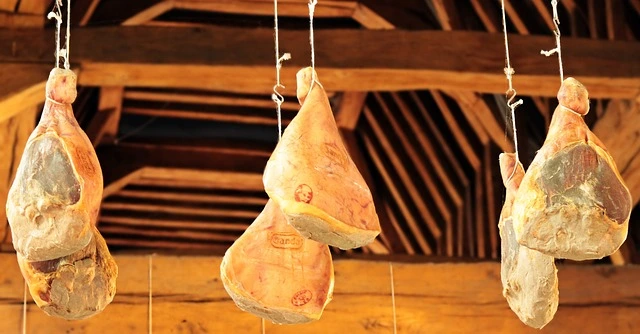Navigating Import Duties, Sales Tax, and Compliance for Specialty Food Importers
The world of specialty food imports is a lovely sensory experience, but tax season may leave a bitter taste. To maximize the tax position of your import firm, it is essential to comprehend import duties and the particular tax implications associated with specialized food sales. This guide delves into essential tax aspects to help you reduce your tax burden while increasing profitability.
Foundation for Taxable Income:
Organizational Structure:
The legal structure of your import business (sole proprietorship, LLC, or corporation) influences how you report income and costs on your tax returns.
Sources of Income:
Taxable income is the profit you make from selling imported specialty foods. This is the selling price minus the landing cost of the imported products (which includes the purchase price, freight, insurance, and import charges).
Understanding Import Duties:
Duty Rates:
The U.S. government imposes taxes on imported items. Duty charges vary greatly depending on the food product and place of origin. You can look up tariff rates utilizing online resources supplied by US Customs and Border Protection (CBP).
Duty-Minimization Strategies:
- Free Trade Agreements (FTA): The United States has free trade agreements (FTAs) with other countries that cut or abolish customs on specific products. Investigate FTA benefits to potentially reduce your import expenses.
- Harmonized Tariff Schedule (HTS): Make sure your imported food products are assigned the correct HTS code in the CBP system. Duty rates are assigned according to HTS codes, and misclassifications might result in unanticipated tax liabilities. Consider contacting a customs broker for help with HTS classification.
Calculate Import Duties:
Import tariffs are often computed as a percentage of the customs value, which includes the cost of the goods plus transportation and insurance. For example, if you import gourmet cheeses worth $10,000 at a 5% duty rate, you will incur $500 in import duties.
Customs Bonds and Compliance:
Importers may need to get a customs bond, which guarantees that duties and taxes will be paid. Compliance with customs procedures is critical to avoiding penalties and delays.
Taxation on Specialty Food Sales:
Sales Tax:
Most states and municipalities charge sales tax on retail sales, including specialty food items. You may be obliged to collect and remit sales tax to your state when selling imported gourmet foods. Sales tax policies differ by state, so check your state’s unique requirements.
Specialty Food Exemptions:
Some states may provide exemptions or lower sales tax rates for specific types of specialty foods, such as organic or locally sourced items. Look into possible sales tax deductions for your imported specialty food products.
Maximum Deductible Expenses:
Aside from import customs and sales taxes, consider other potential tax reductions common to import businesses:
Business Expenses:
Rent or lease payments, freight and transportation charges, insurance premiums, marketing and advertising costs, and employee wages and perks are all examples of business expenses.
Import-Related Expenditures:
Customs broker fees and storage charges spent prior to the sale of goods may be deducted as business expenditures.
Taxation Strategies for Specialty Food Importers
Cost Management:
Manage costs effectively by scheduling shipments to take advantage of bulk import discounts, cutting per-unit prices, and perhaps lowering duty payments.
Pass-Through Tax Costs:
Incorporate import duties and sales tax into your pricing strategy. Maintain transparency and profit margins by clearly communicating these charges to customers.
Utilize Duty Drawback Programs:
Investigate duty drawback programs that allow for the return of import duties paid on items that are later exported. This can be especially advantageous if you re-export unsold specialty foods.
Leverage Tax Credits and Deductions:
Look into available tax credits and deductions for importing operations, such as storage and handling charges for imported items.
Strategic Planning for Long-Term Success:
Record-Keeping Issues:
Keep track of all your business transactions, including import charges, duty payments, sales taxes received, and operating expenditures, by keeping an orderly system. This streamlines tax filing and guarantees correctness during audits.
Consult a Tax Professional:
Import tax laws can be complex, and there may be specialized regulations for specialty food goods. It is strongly advised that you consult with a certified tax expert who is familiar with import procedures and sales tax laws. They can advise you on the most tax-efficient techniques for controlling business spending, reducing import charges, and maintaining tax compliance. Also, consider utilizing marketplaces like IfindTaxPro, you can post your project and find the right professional for your needs.
Specialty food importers can approach tax season with confidence if they understand import duties, navigate sales tax complexities, look into tax deductions, and implement strategic tax planning. Remember that maintaining precise records, employing technology, and talking with a tax specialist can all have a big long-term impact on your organization. This allows you to focus on providing your consumers with innovative flavors from around the world while keeping your tax burden moderate.








